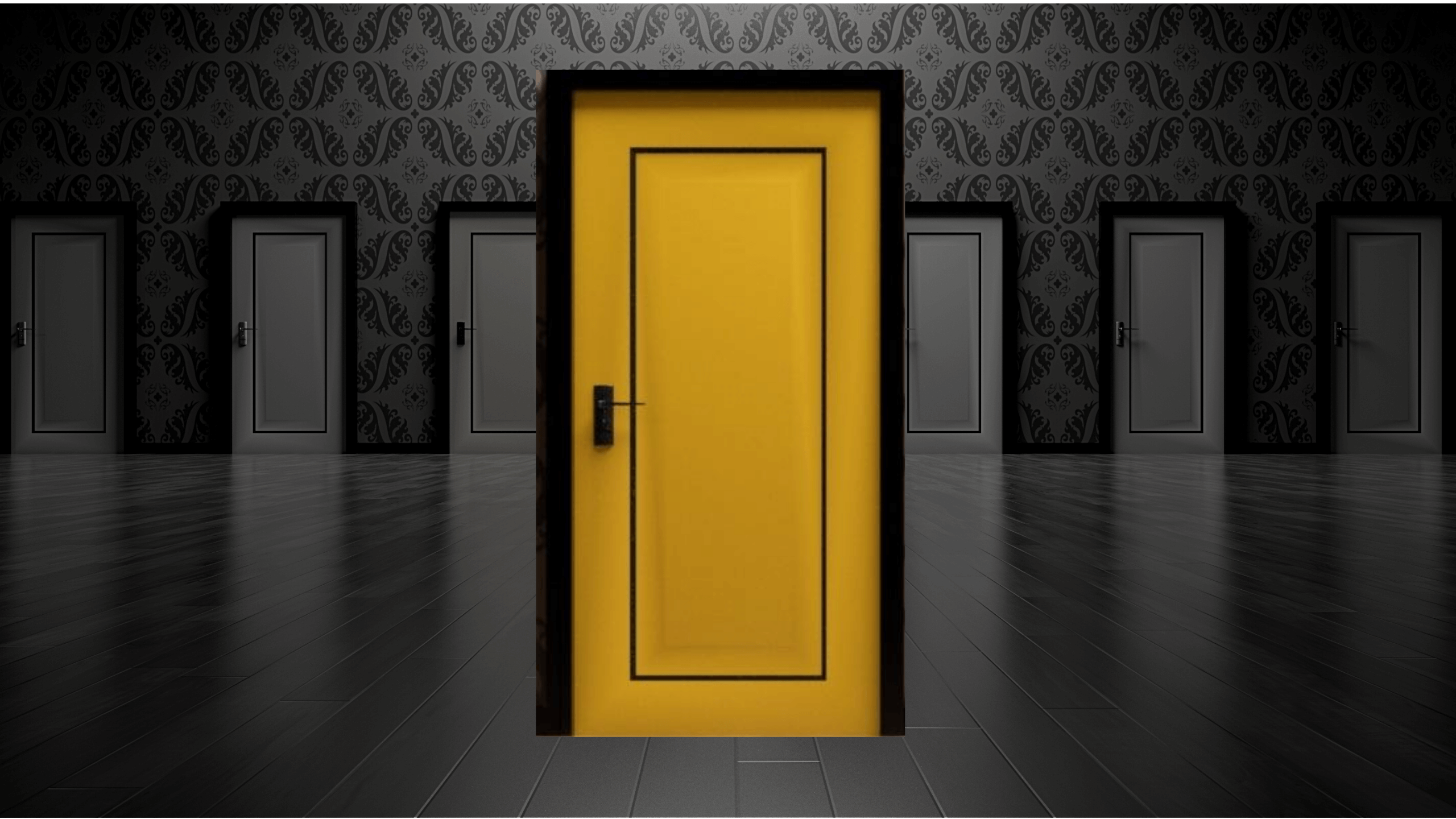What I wish I could go back and say to myself when I was starting University
The below was first published on my Medium site in 2019. With the very momentous launch of '18 & Lost? So Were We' this week, it was prudent to revisit and reflect over this. Scott McKeon dug it up and read it out to me over the phone. In this piece I could see the seeds being sewn over ideas that would later come to define my philosophy and the themes in my chapter in the book. What started as a random thought in Scott's head became an Amazon best-selling book. Who would have thought! But it started small
The biggest mistake in education
Perhaps the greatest mistake we are making in education is setting up institutions that suggest learning ends. Graduation, final exams, course completion. I am aware of only one organisation in the world that is set up for continuous, lifelong learning, and it is the one I serve. All other courses end. Our reality is an infinite one. Existence is infinite, the universe is infinite. How can our learning, therefore, be finite?
Who do you follow — the smart, the rich, the influential, or the visionary?
You're walking through a long corridor. As you come to the end, the corridor opens out to a small Room, and in that Room stands a Doorman, showing you four Doors. "I present to you four Doors", the Doorman begins. The Doorman continues. "You can choose which Door to go through — the First Door leads to a Room full of smart people. The Second Door leads to a Room full of rich people. The Third Door leads to a Room full of people with large crowds of supporters and online followings. The Fourth Door leads to a Room with people with a
Frameworks to organise your whole life
I've been writing on www.withjoewehbe.com for more than a year, trying to open Doors for others. What I've learnt about people is that when we haven't clarified our own ideas or values on a topic, we are impressionable — we take them absent-mindedly from those around us. Ideas and values dictate what Doors we open, and so, we must choose our own ideas and values, so that we control our journeys. Here are some frameworks that will change how you think for the rest of your life: The Minimum Viable Lifestyle — personal finance, how you invest your time, how hard you chase income
Be careful who your first heroes are
Tim Ferriss runs one of the world's best podcasts, is a bestselling author, and was ahead of his time when he published the 4 Hour Work Week. He is one of few icons of mine. I consulted his blog a few years ago for guidance about writing a book. What I found disheartened me, shattered me. Don't write the book first
Within you there is a domestic ‘you’ and a work ‘you’
The typical family has a breadwinner who goes out to hunt or to work. And the nurturing partner who stays 'home' to protect and look after the young, to maintain order. But, if the breadwinner spends too much time away, the housebound partner eventually tells them off. "You're always working" they say, "you never have time for me". The breadwinner might love and be consumed by winning bread, by work, but no matter how deep one's immersion is in their work, they cannot neglect their home. Because by doing this, they throw their beautiful unity off balance, and drive the homebound partner away. In the
The Memory Pill Problem
My mother went to her Doctor and mentioned she was having memory problems from time to time. So, the Doctor gave her some supplements that were supposed to help her improve. She was driving away, when her friend turned to her and asked, 'where are your pills?' Mum gasped, 'I forgot them!' The Memory Pill Problem Thanks to Mum, who gave me the perfect example of this to write about, 'the memory pill problem' can be used to understand a lot of marketing and problem-solving situations. It's the case where the problem takes the customer away from solutions, rather than towards them. Solution Approaching Problems When
If you keep staring the devil in the eye, you’ll only see the devil
People are so often afraid to open the Door to a 'painful' observation about themselves or their reality. They want to go on living in the matrix
Don’t fret while the story’s being written
My mother took me to watch Harry Potter at the cinema for the first time. Though I enjoyed the film, I already knew what happened, having previously enjoyed the books. When Harry and his friends are confronted by devil's snare, a three-headed dog, or a double-headed murderous villain, I don't despair or worry for them. I know how the story goes. Though there are dips along the way, the story is just being written. The same is true in life. The story is just being written. That's not to say that there is not stress — as Sir Winston Churchill once said, 'you can't
Why do we like music?
Ask yourself, why do you like music? Probably because of the way it makes you feel. But it can make you feel many things — sad, sorrowful, jubilant, inspired, calm and collected. You can explain this up to a point, but those you are explaining to need to have some concept of these feelings to understand your love of music. How do you describe to someone what music is? How do you describe Pavarotti's Nessun Dorma or the spectacle of Beyonce? Just the same, explain to me why you laugh. Funny








